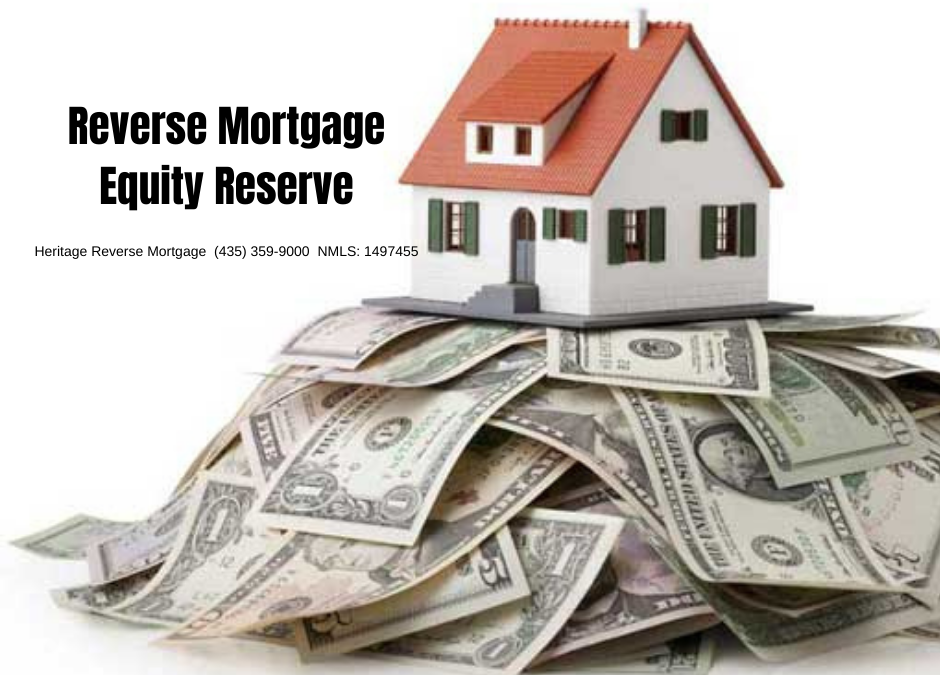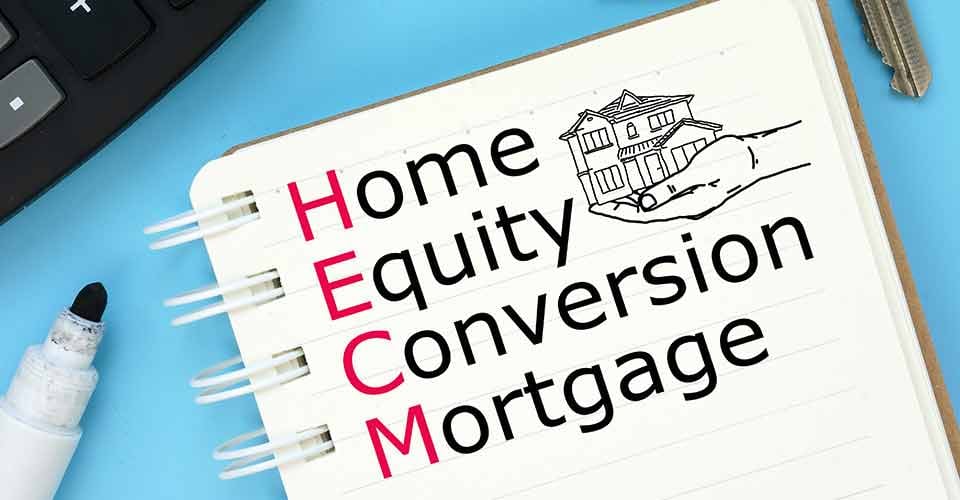Genuine Case Studies Using Equity Release Mortgages
Genuine Case Studies Using Equity Release Mortgages
Blog Article
Checking Out the Various Kinds Of Equity Release Mortgages Available Today
Equity Release home mortgages present different choices for homeowners aged 55 and over. equity release mortgages. These economic items satisfy various needs and preferences, enabling people to gain access to funds from their residential or commercial property. From life time home loans to common recognition home loans, each kind offers distinct advantages. Understanding these choices is crucial for making educated decisions. What aspects should one take into consideration when selecting the most appropriate equity Release strategy? The information that comply with might clarify this crucial subject
Understanding Equity Release Mortgages
Equity Release home loans supply property owners, generally those aged 55 and over, with a means to access the value locked up in their residential property without needing to market it. This monetary option allows individuals to convert a section of their home equity right into cash, which can be used for numerous objectives, such as home improvements, paying off debts, or funding retirement.Equity Release can take different types, however it fundamentally involves borrowing against the worth of the home while maintaining possession. Home owners can choose to obtain a round figure or a collection of smaller sized repayments, depending on their monetary requirements and preferences.Additionally, the amount readily available for Release is affected by the residential property's value, the home owner's age, and certain lending institution criteria. On the whole, comprehending equity Release home mortgages is essential for home owners to make enlightened decisions about taking advantage of their home's equity while thinking about the long-lasting effects.
Lifetime Mortgages
Life time mortgages represent among one of the most prominent kinds of equity Release. This monetary item enables property owners, commonly aged 55 or older, to obtain versus the worth of their property while preserving possession. The lending, which is secured versus the home, builds up interest gradually however does not need monthly repayments. Instead, the financing and built up rate of interest are paid off when the property owner passes away or relocates into long-lasting care.Lifetime mortgages supply adaptability, as borrowers can select to get a round figure or choose a drawdown facility, accessing funds as required. Importantly, numerous strategies come with a no-negative-equity assurance, making certain that customers will certainly never owe even more than the value of their home. This attribute provides assurance, permitting people to appreciate their retirement without the fear of diminishing their estate. In general, life time mortgages function as a practical option for those looking for financial support in later life.
Home Reversion Program

Drawdown Lifetime Mortgages
While numerous home owners seek methods to access their wide range, drawdown life time mortgages provide an adaptable alternative that allows individuals to Release funds progressively. This type of equity Release home loan makes it possible for home owners to borrow against the value of their residential or commercial property while preserving ownership. Unlike typical lifetime home loans, drawdown strategies permit borrowers to access a part of their equity upfront and withdraw extra funds as needed, as much as a fixed limit.This attribute can be specifically useful for those that want to handle their financial resources meticulously, as it decreases passion build-up by just billing rate of interest on the amounts drawn. Furthermore, drawdown life time home mortgages frequently come with a "no negative equity guarantee," ensuring that debtors will certainly never owe more than their home's value. This option fits retired people who desire financial security and adaptability, enabling them to meet unexpected expenditures or keep their way of life without having to sell their residential property.
Improved Lifetime Mortgages
Boosted Life time Home mortgages provide unique benefits for eligible homeowners seeking to Release equity from their residential or commercial properties. Understanding the qualification requirements is vital, as it identifies who can gain from these specialized finances. Nevertheless, it is also crucial to assess the possible disadvantages associated with improved alternatives, making sure an all-round perspective on their additional hints usage.
Eligibility Standards Discussed
Understanding the qualification criteria for Improved Life time Mortgages is vital for possible applicants looking for to access the equity in their homes. Generally, applicants must be aged 55 or older, as this age requirement is basic in the equity Release market. House owners must possess a residential or commercial property valued at a minimum limit, which can vary by lender. Notably, the building must be their key house and in excellent problem. Lenders usually assess the home owner's health standing, as specific health and wellness conditions might boost qualification and benefits. In addition, applicants ought to not have existing significant financial obligations protected versus the property. Fulfilling these requirements allows individuals to check out Improved Lifetime Home mortgages as a practical option for accessing funds linked up in their homes.
Benefits of Improved Home Loans
After clearing up the eligibility standards, it ends up being apparent that Improved Lifetime Home mortgages use several considerable advantages for homeowners wanting to utilize their home equity. Mainly, they supply accessibility to a bigger loan amount compared to typical life time mortgages, profiting those with health and wellness conditions or age-related aspects that enhance their life span risk. This improved borrowing ability allows property owners to meet numerous financial requirements, such as home renovations or retired life expenditures. In addition, these home Click Here mortgages typically include flexible settlement choices, making it possible for debtors to handle their financial resources more successfully. The no-negative-equity assurance further guarantees that property owners will certainly never owe greater than their home's value, offering satisfaction. In General, Improved Life time Mortgages provide a compelling option for qualified home owners looking for monetary options.
Potential Disadvantages Considered
While Improved Life time Home loans use countless advantages, potential downsides necessitate mindful consideration. One substantial problem is the effect on inheritance; the equity launched decreases the worth of the estate entrusted to recipients. In addition, these home loans can build up substantial rate of interest with time, causing a considerable debt that may surpass the original car loan amount. There might additionally be restrictions on building adjustments or rental, limiting homeowners' flexibility. Additionally, improved products typically call for details health problems, implying not all homeowners will qualify. Managing the charges and costs associated with these mortgages can be complicated, possibly leading to unforeseen prices. As a result, individuals should extensively examine their situation and seek advice from economic experts before proceeding.
Shared Admiration Mortgages
Shared Recognition Home mortgages stand for an one-of-a-kind economic plan that enables home owners to gain access to equity while sharing future residential or commercial property worth enhances with the loan provider. This approach offers prospective advantages such as reduced month-to-month payments, but it also features drawbacks that need to be meticulously thought about. Understanding the eligibility requirements is crucial for those interested in this alternative.
Principle Overview
Equity Release home loans, especially in the type of shared appreciation home mortgages, provide homeowners a distinct monetary remedy that allows them to gain access to funds by leveraging the value of their residential property. In this arrangement, a loan provider provides a financing to the house owner, which is usually settled through a share of the building's future recognition in value. This suggests that when the home owner markets the building or passes away, the loan provider gets a portion of the raised value, rather than simply the first lending amount. Shared recognition home mortgages can be appealing for those aiming to supplement their income or finance considerable expenses while keeping possession of their home. The monetary implications of common appreciation must be carefully taken into consideration by prospective consumers.
Disadvantages and benefits
Common appreciation mortgages can give considerable monetary benefits, they also come with remarkable downsides that potential debtors should think about. These home mortgages enable home owners to accessibility equity in their residential properties while sharing a section of any kind of future admiration with the lender. This arrangement can be valuable throughout times of increasing home worths, offering substantial funds without month-to-month repayments. Nevertheless, the main downside is the prospective loss of equity; property owners might finish up with appreciably lowered inheritance for successors. Furthermore, the intricacy of the terms can lead to misunderstandings regarding payment responsibilities and the percentage of appreciation owed. It is necessary for customers to weigh these elements meticulously before committing to a shared appreciation mortgage.

Eligibility Needs
What standards must homeowners satisfy to qualify for a shared appreciation mortgage? Mainly, prospects should be at the very least 55 years old, assuring they are within the target group for equity Release products. Additionally, the residential or commercial property should be their main home and usually valued over a specified minimum limit, often around ? 100,000. Lenders also evaluate the house owner's financial conditions, including income and superior financial debts, to establish they can take care of the mortgage sensibly. Notably, the building has to be in great condition and free from substantial lawful encumbrances. Property owners should also have a clear understanding of the terms, including just how appreciation will certainly be shared with the loan provider upon sale or transfer of the residential property, as this affects general returns.
Selecting the Right Equity Release Choice

Often Asked Concerns
What Age Do I Required to Be for Equity Release?
The age need for equity Release usually starts at 55 for the majority of strategies. Some suppliers may use alternatives for those aged 60 and above, showing differing terms based on individual situations and lending institution plans.
Will Equity Release Impact My Inheritance?
Equity Release can affect inheritance, as the amount obtained plus rate of interest lowers the estate's value. Heirs may obtain less than expected, relying on the home's admiration and the complete financial obligation at the time of passing.
Can I Move House With Equity Release?
The concern of moving residence with equity Release arises often. Usually, individuals can transfer their equity Release plan to a brand-new property, however certain terms and conditions may apply, requiring examination with the lending institution for assistance.
Are There Costs Linked With Equity Release Mortgages?
Fees connected with equity Release home mortgages can include arrangement fees, appraisal fees, and lawful prices. In addition, there might be early settlement charges, which can impact the general cost and financial implications for the borrower.
Exactly How Does Equity Release Influence My Tax Obligation Circumstance?
Equity Release can affect one's tax situation by potentially increasing gross income, as launched funds are thought about resources. It typically does not incur prompt tax liabilities, making it essential to get in touch with an economic expert for customized guidance.
Final thought
In summary, the selection of equity Release home loans offered today provides home owners aged 55 and over several paths to access their building's value - equity release mortgages. Whether selecting a lifetime home mortgage, home reversion strategy, or various other alternatives, each choice presents unique benefits customized to individual economic needs. Cautious factor to consider and assessment with an economic expert are vital to guarantee the selected equity Release service lines up with individual goals and monetary conditions, ultimately promoting informed decision-making for a secure monetary future. Equity Release home mortgages present various options for house owners aged 55 and over. Equity Release home mortgages provide homeowners, commonly those aged 55 and over, with a means to access the value tied up in their residential or commercial property without needing to sell it. Boosted Lifetime Mortgages supply unique benefits for qualified homeowners seeking to Release equity from their properties. Equity Release home loans, especially in the type of common gratitude home mortgages, use home owners a distinct economic option that permits them to access funds by leveraging the value of their residential or commercial property. In recap, the variety of equity Release home loans readily available today provides house owners aged 55 and over numerous paths to access their home's value
Report this page